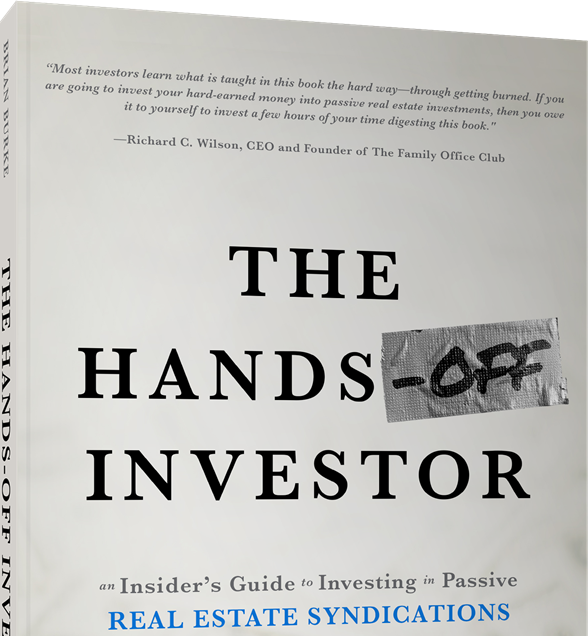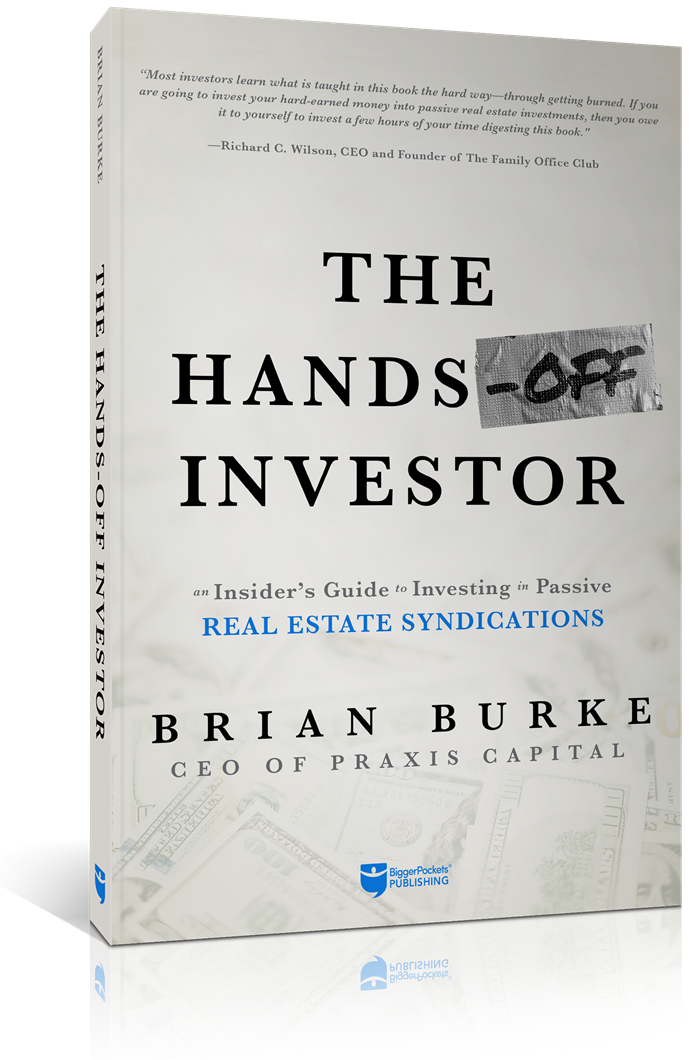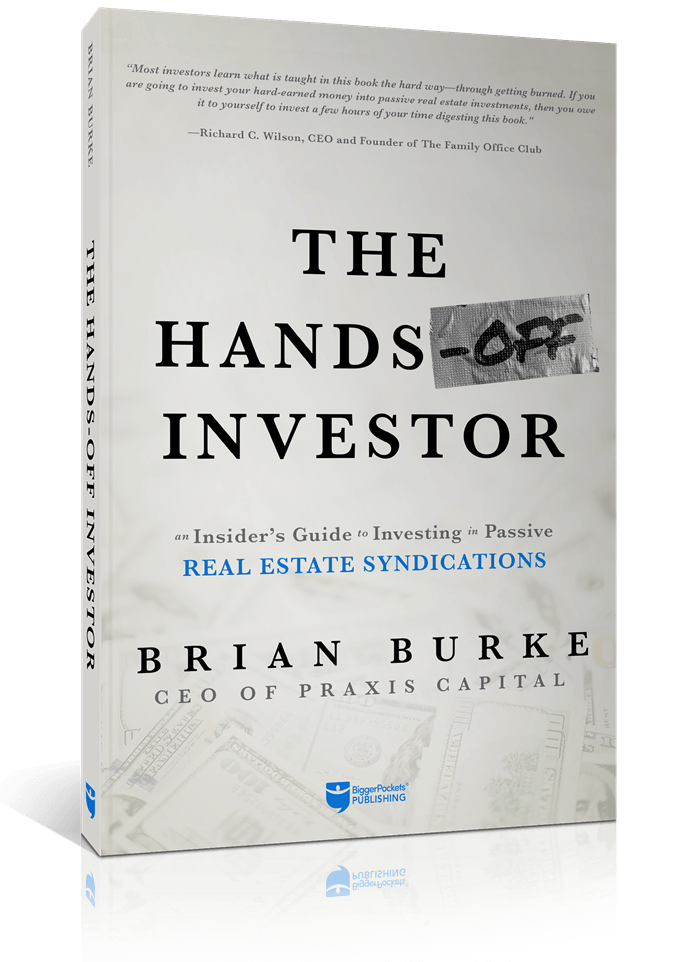The Must Have Investments For Today’s Tech Workers

High income earning tech workers have enjoyed a great ride over the past few years. Tech talent has been in high demand, startup valuations have soared, and workplace perks and benefits have provided a very comfortable lifestyle.
However, all that could be about to change for many workers.
Ensuring you have your money in the right investments will make all the difference in how life and your finances play out over the next few months and years ahead.
80% Of Workers To Be Impacted
Even the best paying and trendiest careers have become very fragile over the past year. Bankers at major institutions have been laid off, big corporations have been downsizing, and tech companies have been shedding thousands of employees.
That was all well before student loan payments were set to kick back in and the AI revolution began to take off in earnest.
This is all aside from high inflation in living costs, a volatile and questionable stock market, bank failures, and any compounding effects of natural disasters or rising interest rates.
Open AI predicts 80% of workers will be impacted by artificial intelligence technology. Many of whom have been high income earning tech workers. Another survey by Utah State University reveals 79% of Americans are worried about AI displacement. Jamie Dimon of JPMorgan Chase sees AI meaning a new 3.5 day work week for those who are still employed.
Tech workers are some of those at greatest risk of disruption. Their finances are often all concentrated around their jobs. Including their paycheck, stock options, and 401k.
Whether you foresee any changes in your income or job right now or not, it always pays to be prepared.
So, what money moves are essential to avoid a financial catastrophe?
Financial Reserves
It is important to have a financial foundation to stand on in emergencies. You will need cash to weather any changes and disruption in employment, income, or access to your other funds.
While it is normally safe to have three to six months of liquid cash-like reserves on hand, current conditions and trends mean it may be wiser to hold six to 18 months of reserves accessible. Or which are at least accessible within 90 days.
Do note, that due to the current rapid devaluation of the dollar and cash, other investments must compensate for this with higher returns.
Income Producing Investments
Never count on one source of income. It doesn’t matter what business you own or how strong your employer is. Just ask those that worked for Goldman Sachs, Credit Suisse, Microsoft, or Amazon until recently.
Passive income producing investments ensure that you already have income coming in in case you lose your job, have your hours cut back, or are unable to work due to health issues. At least this may be enough to cover your essential bills and living expenses.
Tangible Assets
Rapidly developing and spreading technology has produced all kinds of interesting things. Including robo advisors for picking tech stocks, digital currencies, autonomous vehicles, and AI.
To offset the risk of your concentration in and reliance on these things, it is vital to have truly solid assets as well. Investments in solid, tangible, real things. Which cannot be deleted or lost due to a confused AI system, losing your mobile phone and passwords, or a technical glitch at the bank or stock exchange.
Just like you’d be really glad you had stashed an old gas powered Ford pickup truck in an apocalypse or EMP event, these assets will ensure that no matter what happens, you won’t be wiped out and left financially stranded.
Actual precious metals you can hold in your hand and real estate are the obvious choices here.
True Diversification
Bloomberg has been raising concerns around investors having a lack of diversification. Even for those that think they are okay with investments in 401ks, IRAs, private equity, family offices, and with major banks and financial advisors.
All too often, the bulk of this money ends up getting invested into the same stocks and funds, which provide no diversification at all.
Be sure that you have diversified into investments that either have uncorrelated performance, or directly opposite correlation to these other investments.
Consider self-directing your own investments into income producing, tangible assets instead.




























